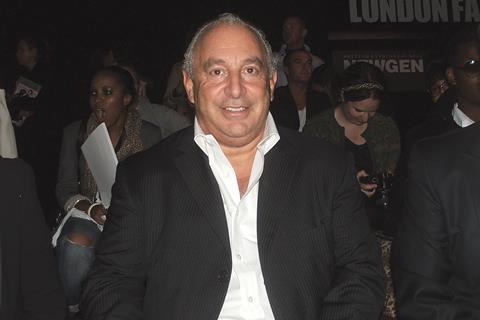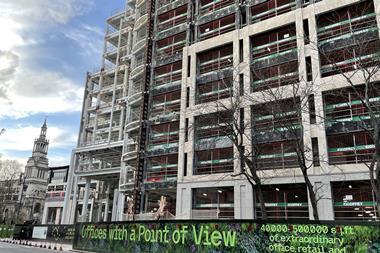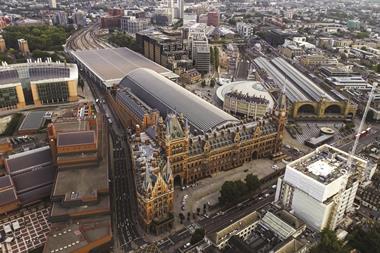It is all too easy to blame larger than life retail ‘tycoons’ like Sir Philip Green for the devastation that has been wrought across our high streets in the past few weeks and years.

And there is no denying that Green has not exactly covered himself in glory. He stuffed his wife’s bank account with £1.2bn via the largest corporate dividend in UK history and underinvested in Arcadia brands like Topshop and Dorothy Perkins. He has no doubt played a big part in the collapse of Arcadia – and BHS before that.
Having spoken to him on more occasions than I care to remember over the past two decades or so, I can attest that he’s everything you’ve heard and worse. But, despite all the effing and jeffing, and the general abuse that I and many others have been subjected to by Green, at least I could ask him about the state of his businesses. At least we could tell readers what he was thinking. At least he was upfront about his motive – to get bewilderingly rich.
For me, that makes Green more honourable than those who have kept themselves hidden behind the scenes as the retail apocalypse has played out on stage (yes, I did just juxtapose Green’s name with the word ‘honourable’ – deal with it).
He is certainly more honourable than the faceless figures behind some of the world’s largest private equity companies that have ripped the guts out of retailers such as Debenhams, now in the last-chance saloon as Sports Direct billionaire Mike Ashley attempts his last-minute ‘rescue’.

In 2003, TPG and CVC took the department store private for £1.7bn. They were joined by Merrill Lynch around a year later. We did not hear from anyone from those firms during the purchase, their ownership or the subsequent sale of their interests.
So there was no one we could hold accountable when they made a £950m profit between them after two refinancings that left the retailer with £1.9bn of debt when it floated in 2006. Debenhams only had £100m of debt before they got involved.
What do Bonmarché, Edinburgh Woollen Mill, HMV, Maplin, New Look, Poundland and Toys R Us all have in common? Yup, they were all ‘rescued’ by private equity and were left with piles of debt before falling into – or teetering on the brink of – administration.
There are those who will defend private equity. They say these firms came into retail in the mid-2000s when the high street was already in trouble. They argue that they kept people in work far longer than had they not launched their ‘rescues’. There is some truth to that, but private equity has not ‘rescued’ a retailer any more or less than Green has. They both have the same ultimate aim – to squeeze as much cash out as they can in as short an amount of time as possible.
I am not saying Green is not to blame for the failures of his retail brands. What I’m saying is that he is not the only one to blame. We all too easily forget, or simply do not know, many of the other actors in this tragedy. That means their reputations remain intact… and they can reprise their roles at will.





























1 Readers' comment